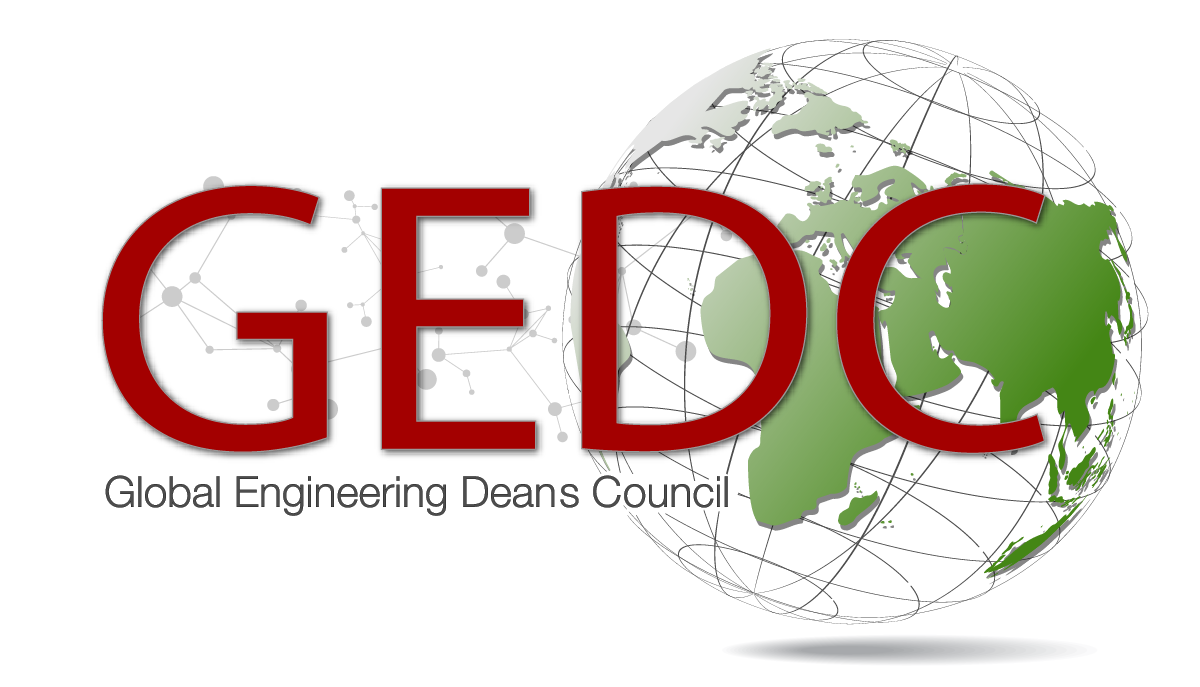Technological and scientific progress in recent history has been remarkable. Yet, even today as many as two of every seven people on the planet do not have daily access to clean, safe toileting facilities. It is simply not the case that engineers alone, trained nearly exclusively in science and technology, will lead to achieving the UN Sustainable Development Goals or to solving the other grand challenges facing humanity. We need a new view of engineering, of how to define and solve problems, and with whom, of how we accept responsibility and accountability as engineers in different ways beyond the expectations of the Codes of Ethics often taught to our students. We need a new view of why we “engineer” and how we “engineer.” Humanitarian Engineering (HE) is a response to this need. HE is both a mindset and a curriculum at teaches engineers to work with and within society to co-create just, socially- and environmentally-responsible solutions to the world’s problems.
In this talk we describe the genesis of Humanitarian Engineering, focusing on the program at the Colorado School of Mines (Mines), which comprises several undergraduate minors and degree focus areas as well as an MS degree, along with a robust program of faculty and graduate student scholarship and community engagement though student projects. We delineate in particular two facets of HE: engineering for community development (e.g., typical NGO activities) and corporate social responsibility (for engineers working in traditional industry settings). For both we posit common elements of socially-responsible engineering essential in an engineer’s education, including: understanding structural conditions and power differentials among stakeholders, contextual listening, collaborative identification of shared values, adapting engineering decision-making to promote those shared values, and collaborative assessment of activities and outcomes. Examples of the impact of HE are given throughout.
For engineering deans and other leaders, we note that the HE mindset provides openings in the curricular and research spaces that attracts different people and viewpoints to engineering and that can positively impact recruiting, diversity, fundraising, and, at the end of the day, the impact our students can make in the world. We end with a challenge for the engineering education community to consider ways to include the precepts of humanitarian engineering in their programs.
Presenter

Dr. Kevin L. Moore is a professor at the Colorado School of Mines in the Department of Engineering, Design, and Society and the Department of Electrical Engineering. He received his B.S and M.S. degrees in electrical engineering from Louisiana State University in 1982 and from the University of Southern California in 1983, respectively. He received his Ph.D. degree in electrical engineering, with an emphasis in control theory, from Texas A&M University in 1989. At Mines he was previously the Vice Provost for Strategic Initiatives and Dean of Integrative Programs (2018-2020) and the Interim Director of Mines’ Division of Economics and Business (2019). He was also Dean of the College of Engineering and Computational Sciences (2011-2018), overseeing programs in civil, electrical, environmental, and mechanical engineering, as well as applied mathematics, statistics, and computer science. He held the G.A. Dobelman Distinguished Chair from 2005-2013. Prior to his time at Mines, he held faculty and leadership positions at Utah State University and Idaho State University. He has industry experience via consulting and as a Member of the Technical Staff at the former Hughes Aircraft Company. Dr. Moore’s general research interests are in the area of control systems, intelligent control theory, and autonomous systems. He is currently an ABET Program Evaluator representing ASEE and IEEE, with particular interests in engineering design education.

